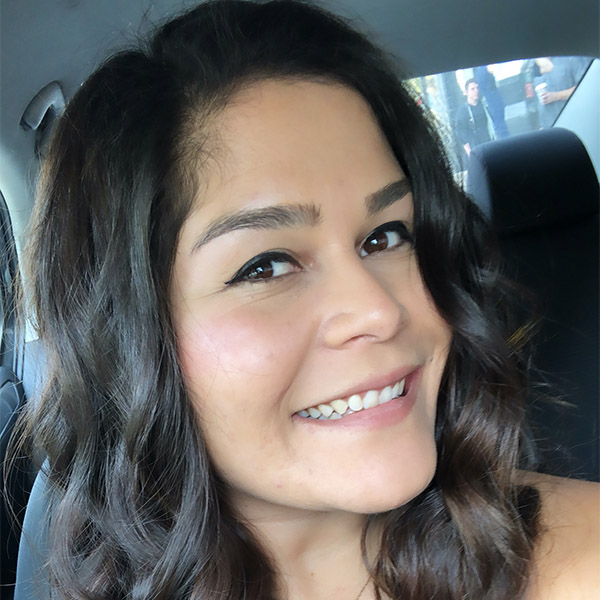Write Now Mind
“You cannot find yourself in the past or future. The only place you can find yourself is in the Now.”
—Eckhart Tolle

What is Write Now Mind?

Write Now Mind is a virtual writing practice group where we will have the opportunity to commit to a weekly writing practice and to anonymously share our writing with others.
But, as you will discover, it is much more.
The title, Write Now Mind, is designed to capture two concepts:
- a particular kind of timed “free writing” practice that is uncontrolled and unfiltered
- a state of mind that pays attention to the particular moment at hand, which might include thoughts, feelings, and sensations
The goals of the course are the following:
- to practice the simple act of writing
- to practice reading and reviewing the writing of others
- to accept and befriend our minds exactly as we find them
- to create a community by sharing our authentic selves
- to call ourselves writers
Each week, on your own time, you will log in, find the assignment (labeled by the name of the week-e.g. Writing Prompt March 15, 2020) and complete the ten-minute timed writing at that time. It is designed as a spontaneous, free writing exercise, so don’t log in and read the prompt ahead of time.
Writing rules:
When you are ready to open the assignment, set a timer for ten minutes and begin writing following these rules (borrowed from writing practice pioneer, Natalie Goldberg):
Keep Your Hand Moving
Be Specific
Lose Control.
Don’t Think.
In keeping with these rules, feel free to use pen and paper or a computer keyboard (if you use a pen, you will have to transcribe and upload later.)
What these rules mean:
Don’t worry about grammar or punctuation.
Don’t filter or edit.
Travel wherever the pen (or computer keyboard) takes you, taboo or not.
Feel free to write the worst junk in the world.
Feel free to be amazed at what comes out.
Don’t try, don’t worry, just write.
Let ‘er rip! This is Writing PRACTICE. And practice is fun and enlivening.
When we engage in this kind of writing practice we learn to pay attention to the details, to the particular sensations of the moment, but also we become familiar with what wants to be said, not what we think should be said. We get out of our judging, analytical, discursive mind and into the wilds within. In this way we befriend our own minds, our own selves. This teaches us to trust our voice and to begin to separate our unique expression from our conditioned beliefs.
Reviewing rules:
For each prompt you submit, you will be asked to read and review (at least) one other submission. The submissions and reviews are all anonymous. After you have submitted your own response, you will need to periodically log back in to see if there are responses available for review.
For reviewing, follow these rules:
Tune in to how the piece makes you feel.
Comment on what you liked about the piece. Be specific.
Draw attention to any particular turn of phrase that caught your attention and describe what you found compelling about it.
Be supportive and encouraging.
Because our writing is not academic or corporate in nature, in our reviews of others’ work we will not be focusing on the mechanics of writing such as grammar or punctuation or eloquence. Nor will we be expecting each other to make a succinct argument. Rather, as readers and reviewers we are tuning in to what someone is communicating at a deeper level. We are supporting each other to take communication risks, to practice writing.
We are not “critiquing” so much as learning how to listen—how to pay attention—to what is being said. Sometimes a particular turn of phrase helps us readers get there, in which case point it out to the writer. Often we readers need to step back and consider how the response makes us feel and to examine why. We all yearn to communicate our authentic selves and at least half of that equation requires us to learn how to listen to others when they are attempting to do the same.
Sharing is a service to both ourselves and to the group. It is a powerful experience for a group of people to share their unfiltered selves. Sharing our authentic, individual and personal perspective engenders compassion. We fear exposing ourselves, but what we stand to gain is acceptance of ourselves and others.
—
Commitment:
Each class will be 4 weeks long and while there is no charge, there is a commitment requirement:
If you join the class you are promising to:
- complete a 10-minute timed writing practice to a prompt each week, following the rules above.
- submit your writing practice to Eduflow
- review and comment on at least one other; you are encouraged to review two, and you are welcome to review as many as you like.



Follow Marijke on Substack
Juicy Practices
Join my community of people seeking a more intimate relationship with themselves, others and the unseen world. Get The NakedNow Letter on Substack!
Curious to experience more, but not sure you want to sign up? No worries, click the button below to access free guided juicy practices for getting present!!




